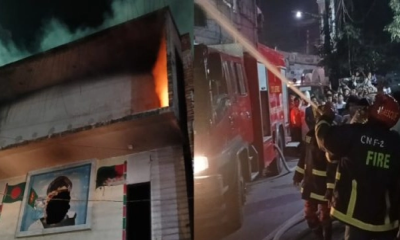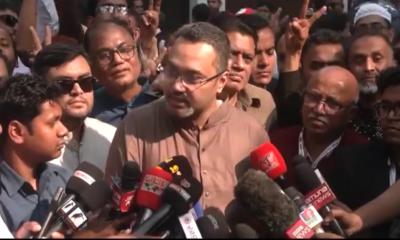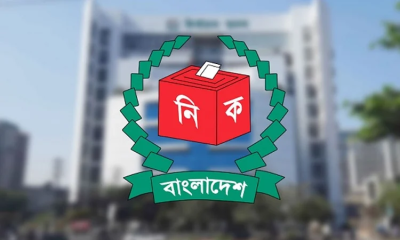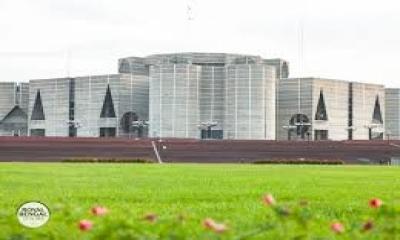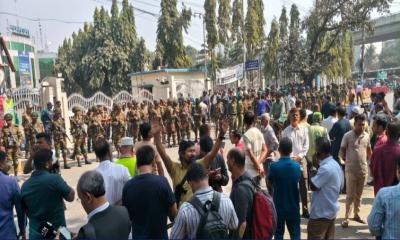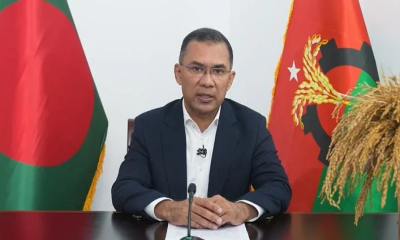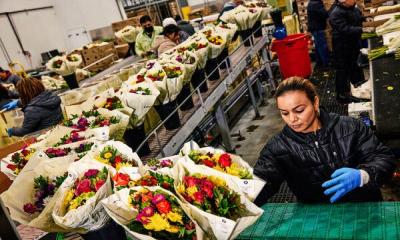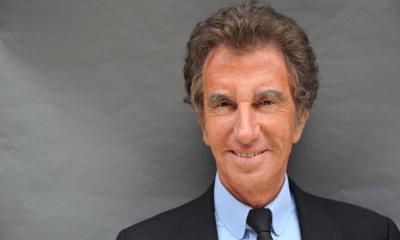Dhaka’s streets were thrown into chaos on Thursday morning as drivers of battery-powered rickshaws blocked roads in protest of a new ban on their vehicles.
The protests affected major areas such as Mohakhali, Basila, Mirpur-10, Mirpur-12, Kazipara, Shewrapara, Mirpur Golchattar, and Agargaon. As a result, commuters faced long traffic jams across the city.
The protests didn’t stop at roadblocks. Drivers also stopped trains by blocking tracks at the Mohakhali rail crossing.
This caused further problems for travelers trying to move between Dhaka and other parts of the country.
With traffic at a standstill, many people rushed to metro rail stations, hoping to catch a train to avoid the gridlock on the streets.
The protests came after a recent order from the High Court, which told the government to stop battery-powered rickshaws from operating in Dhaka within three days.
In response, drivers began their demonstrations early in the morning, first blocking roads in Mohakhali.
They later moved to other areas like Mirpur, Shewrapara, and Kazipara, where they staged rallies and set up roadblocks, making it hard for vehicles to pass.
In some places, drivers even blocked major intersections, including at Mirpur-10 and Rokeya Sharani.
The city’s already crowded roads became even more congested, causing delays for thousands of people.
There are an estimated 10 lakh rickshaws in Dhaka, with many of them now using batteries instead of pedals.
Some older pedal-powered rickshaws have been modified with batteries to make them easier to operate.
The protests are expected to continue as drivers demand a change to the court’s ruling, but the situation has left many commuters frustrated and struggling to find a way around the city.


-20241121085819.jpg)

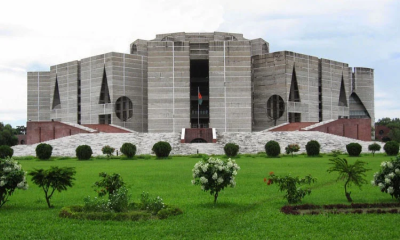
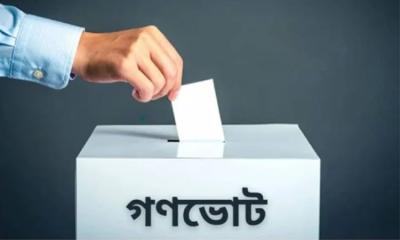


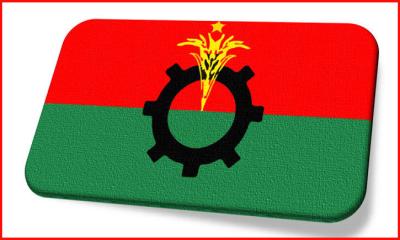
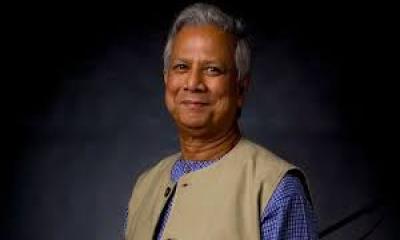
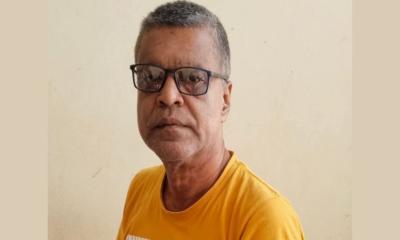
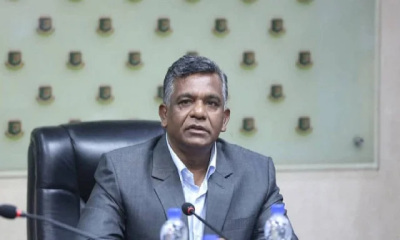

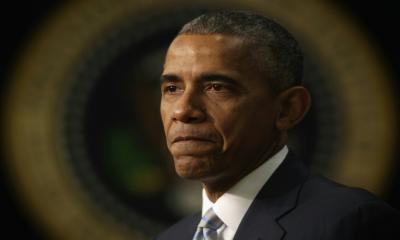
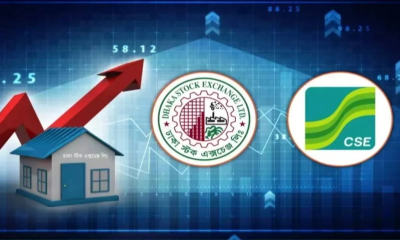
-20260215061522.webp)

